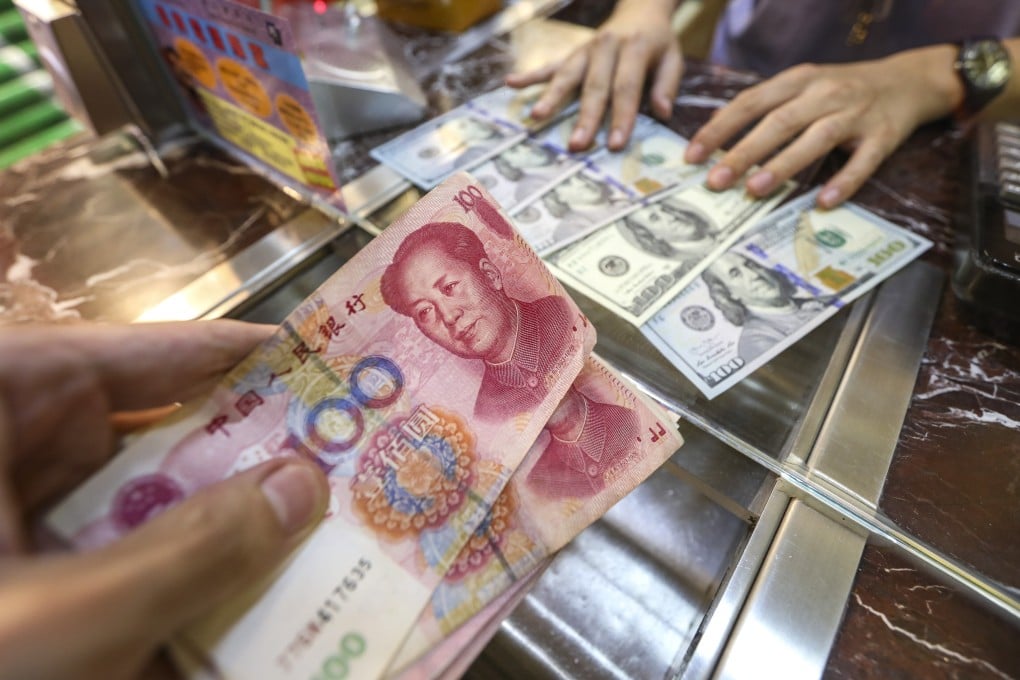China’s 2015 yuan reform sent shock waves through financial markets, now it’s ‘learning its lesson’
- In August 2016, the People’s Bank of China devalued the yuan by nearly 3 per cent against the US dollar over two days
- This week, it pledged to guide institutions to provide firms with risk management services based on the principals of ‘actual needs’ for holding foreign currencies

China’s central bank has shed some light on its latest foreign exchange policy six years on from a devaluation of the yuan that was meant to be a free-market reform but instead sent shock waves through global financial markets.
The People’s Bank of China (PBOC) has pledged to guide financial institutions to provide businesses with exchange rate risk management services based on the principals of “actual needs” for holding foreign currencies and balanced “neutral risk” to prevent sharp currency volatility.
“In the next step, [the PBOC] needs to use currency policy tools reasonably, strengthen macroprudential management of cross-border financing, guide expectations through a variety of reasonable methods so that companies and financial institutions establish the concept of ‘neutral risk’ to keep the yuan’s exchange rate basically stable,” the PBOC said in its second quarter monetary policy implementation report released on Monday.
“When the yuan’s exchange rate and market expectations fluctuate greatly, voicing immediate concerns in response to the market and through multiple channels to convey policy intentions prevented overshooting in the foreign exchange market, and protected the stability of the market,” the PBOC said.
